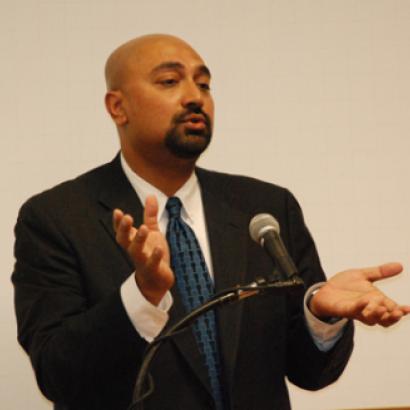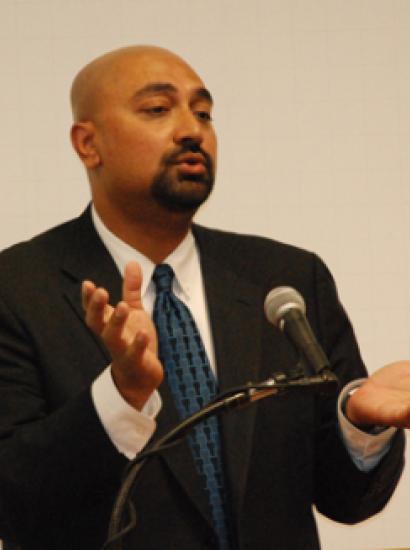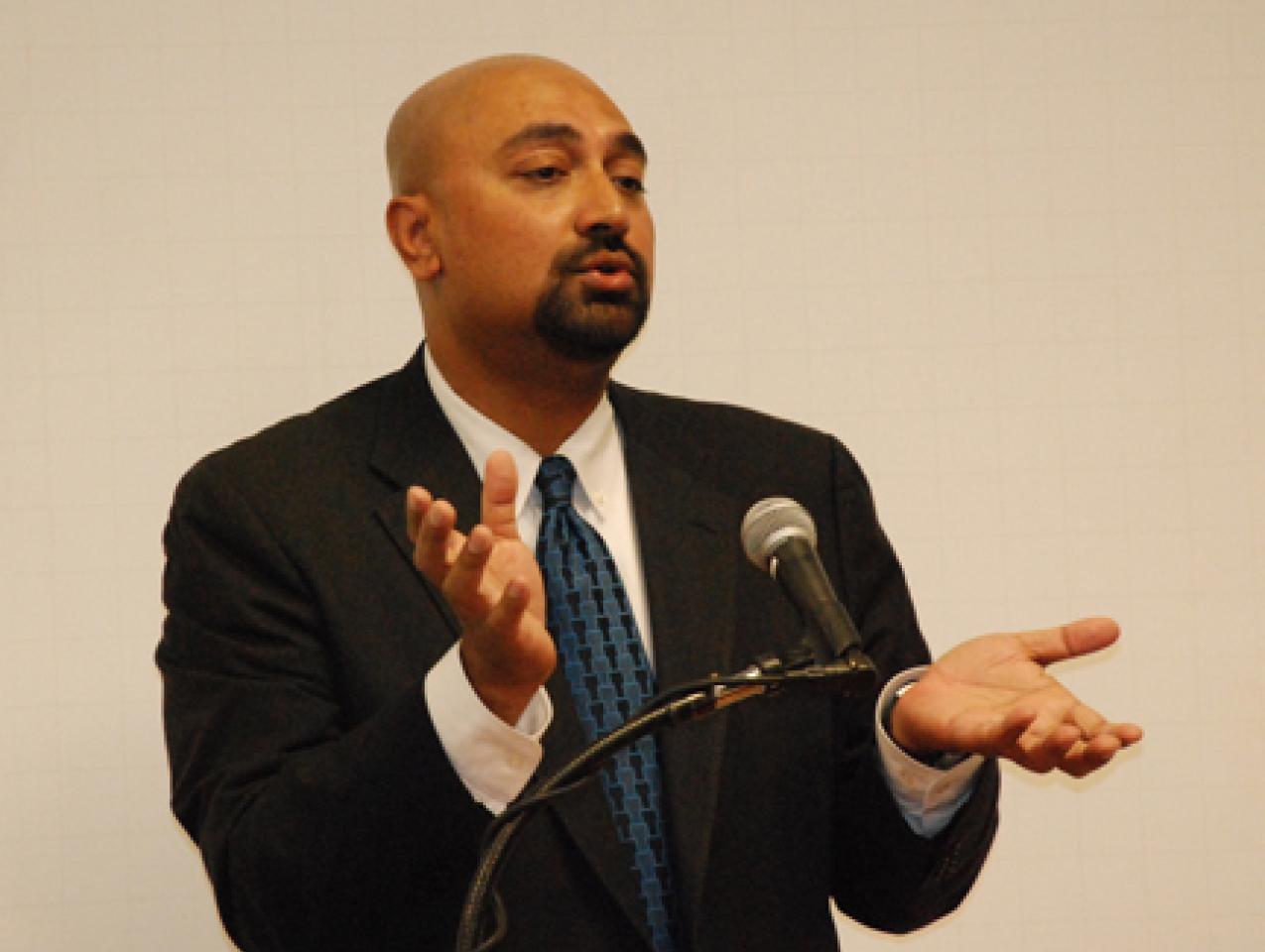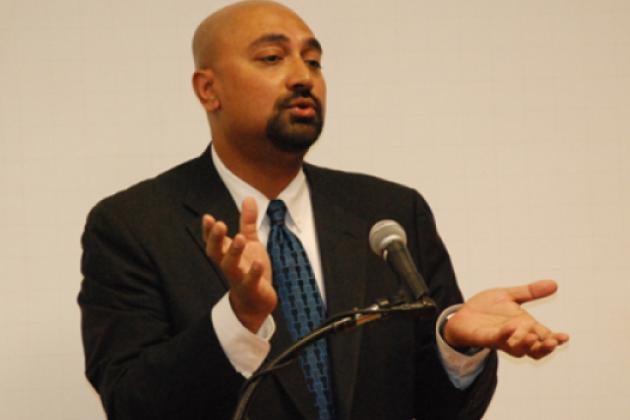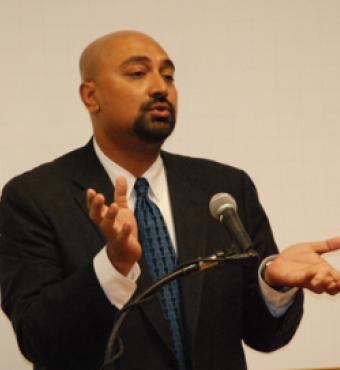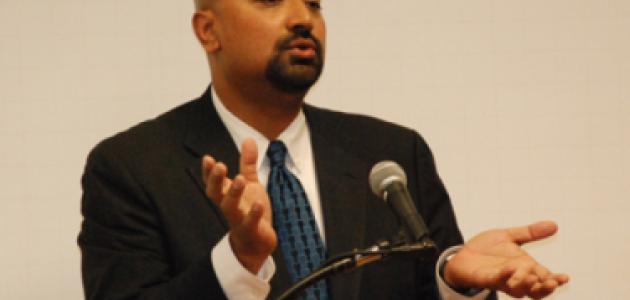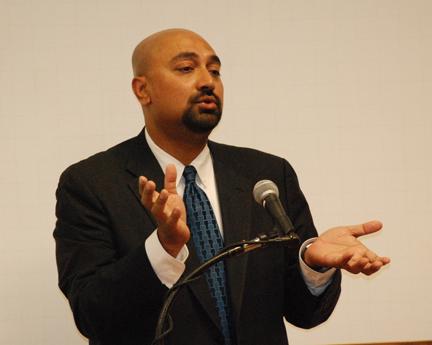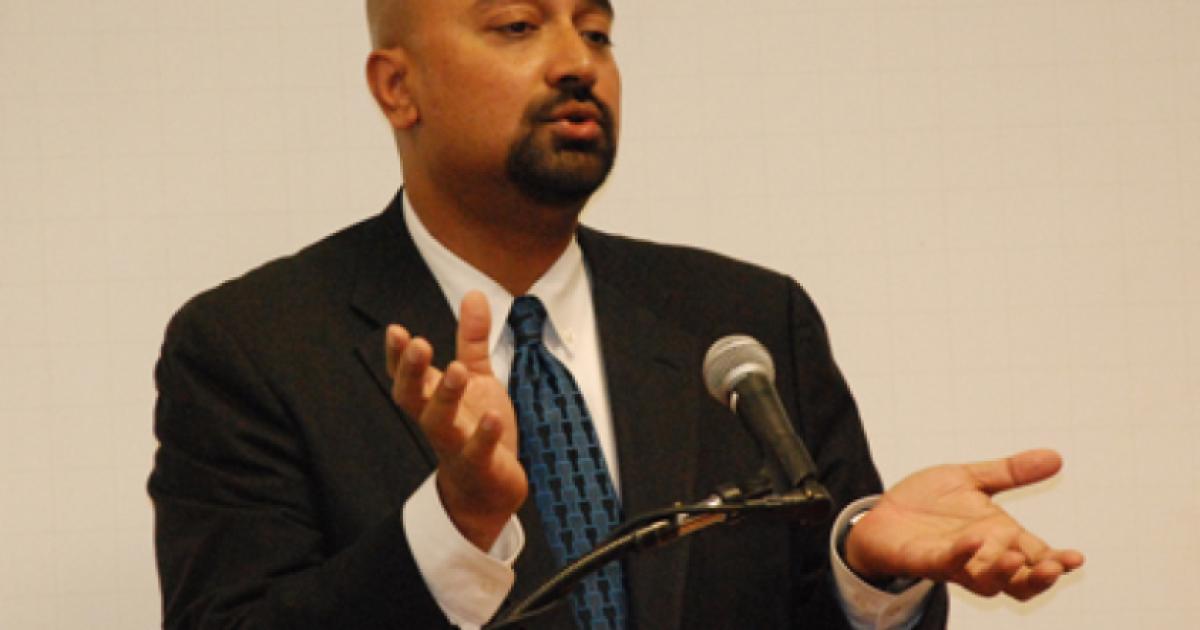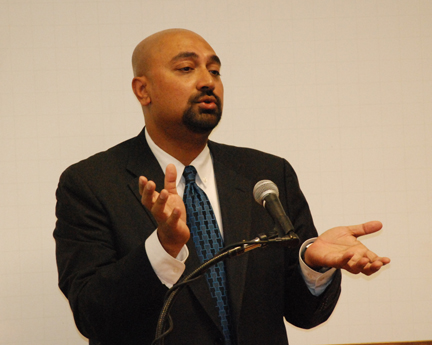
Hoover media fellow Bobby Ghosh discussed Al Qaeda at a seminar titled “Al Qaeda Today: Weaker but More Dangerous,” on February 8. Ghosh, the world editor at Time magazine, previously served as its Baghdad bureau chief and has covered Iraq since the beginning of the U.S.-led invasion in 2002, spending more time in Baghdad than any other print reporter.
An audio recording of the event is available here (35:46)
Ghosh said that Al Qaeda is no longer as strong as it once was but still remains a threat. Although Al Qaeda has lost the protection of a state since the Taliban’s government was overthrown in Afghanistan, Ghosh noted that its members still control large parts of that country and Pakistan and are able to move around, if not as freely as they once did. He also expressed concern about Yemen, in which there is internal division that Al Qaeda could exploit to its advantage. Al Qaeda, he said, is looking to recruit new leaders and reaching out to new organizations that could then be used as proxies. Ghosh also noted that Al Qaeda is developing new sources of revenue, including the poppy trade.
At one time, according to Ghosh, Al Qaeda believed it could destroy the United States with one blow; its new strategy is to attack the United States by various means.
Ghosh’s recent cover stories include a primer on the roots of the strife between the Sunni and Shi’ite Islamic sects, a diary of daily life in Baghdad titled “Life in Hell” and reporting on the Haditha massacre. He has also reported extensively from Israel and Jordan.
The Edwards Media Fellows Program allows print and broadcast media professionals to spend time in residence at the Hoover Institution. Media fellows have the opportunity to exchange information and perspectives with Hoover scholars through seminars and informal meetings and with the Hoover and Stanford communities in public lectures. As fellows, they have the full range of research tools Hoover offers available to them. More than 100 of the nation’s top journalists have visited the Hoover Institution recently, interacting with Hoover fellows on key public policy issues.They include
- Nathan Thornburgh, Time magazine (in residence February 8-12)
- Dan LeDuc, Washington Post (in residence February 1-5)
- Richard Starr, Weekly Standard (January 25-29)
- Scott Johnson, Power Line (blog) (January 25-29)
- Melanie Kirkpatrick, Wall Street Journal (January 18-22)







